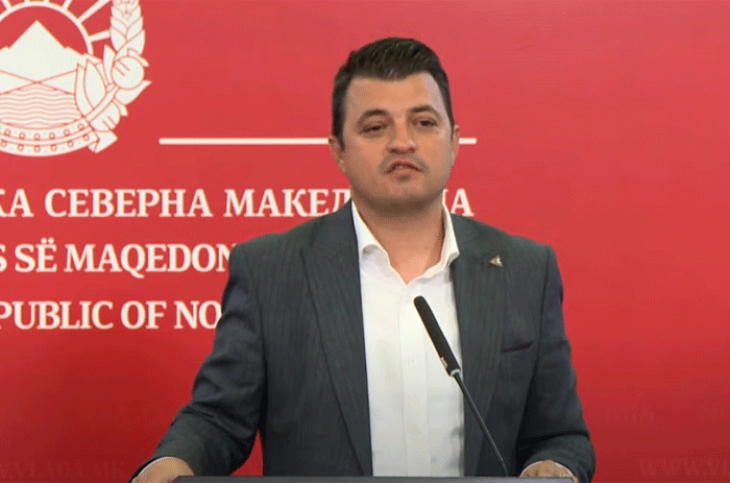Andonov: Skopje households to have heating, gas set to be acquired from Serbia in exchange for electricity

Skopje, 28 September 2022 (MIA) – Skopje households will receive heating starting Oct. 15, said Viktor Andonov, energy advisor to the Prime Minister, on Wednesday.
In support of his claim, Andonov said that there is optimism on the part of both parties that the talks with Serbia on gas supply will be completed, the agreement will work and that the necessary quantities of gas for the operation of the company TE-TO and the thermal power plants will be provided.
The second aspect, he pointed out, is that the thermal plants also have backup fuel, i.e., they can operate on mazut, which means that there is a backup plan in case no agreement is reached and if sufficient funds are not provided for the purchase of natural gas at market prices. However, we hope that the we will not have to depend on the backup plan and that all the conditions for the main plan will be met, said Andonov.
In case there is no agreement, he added, the heating plants will use mazut as fuel and the necessary quantities will be secured, which was also a topic in the discussions with Greece.
Regarding the plan to purchase gas from Serbia, he reminded that ten days ago, President Aleksandar Vucic announced that they are discussing delivering gas to North Macedonia in exchange for electricity. Part of the electricity will be returned to Serbia, said Andonov and stated that the exact quantities and prices will be announced once an agreement is reached.
The country, he explained, will buy gas from Serbia, and then produce electricity to be sold to Serbia. We will pay for the amount of gas and they will pay for the amount of electricity. The amount of electricity that will remain will be sold to the industry at prices acceptable to them, and prices which will depend on the gas price. The heating energy will be sold to the citizens, said Andonov.
He reminded that the Minister of Economy, Kreshnik Bekteshi, held discussions in Turkey on securing additional quantities of electricity and natural gas, in Greece on securing a constant supply of lignite and mazut, and in Bulgaria on securing a cheaper electricity price below the market prices, meant to fulfill the needs of the industry.
“When all of the discussions are finalized, the Government will present them before the economic chambers and the public in a most transparent way,” said Andonov.
They are yet to see the plan for dealing with the energy crisis presented Wednesday by VMRO-DPMNE leader Hristijan Mickoski, but Andonov said they will consider it, as well as all the other plans and support that have been put forward. ad/ba/







